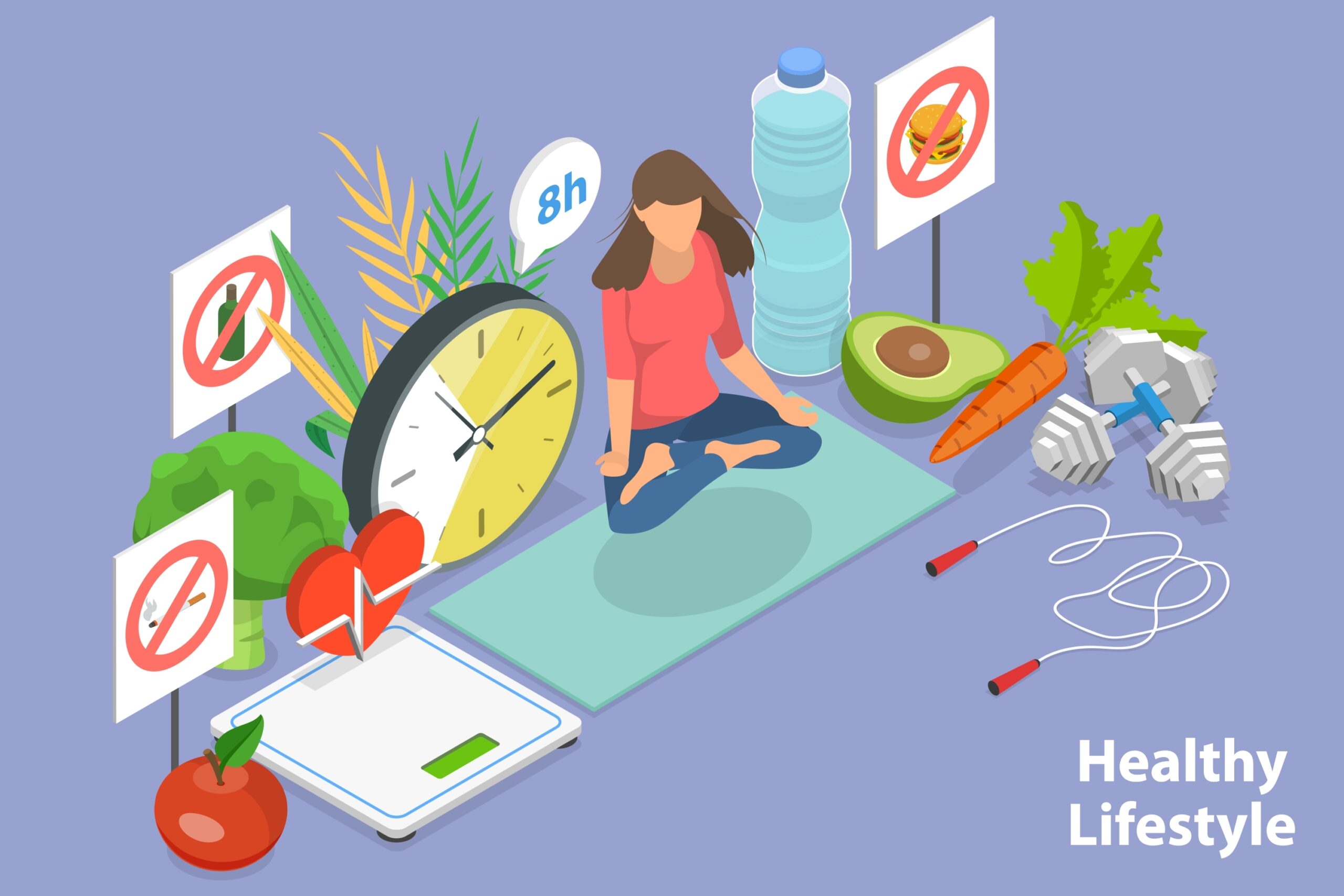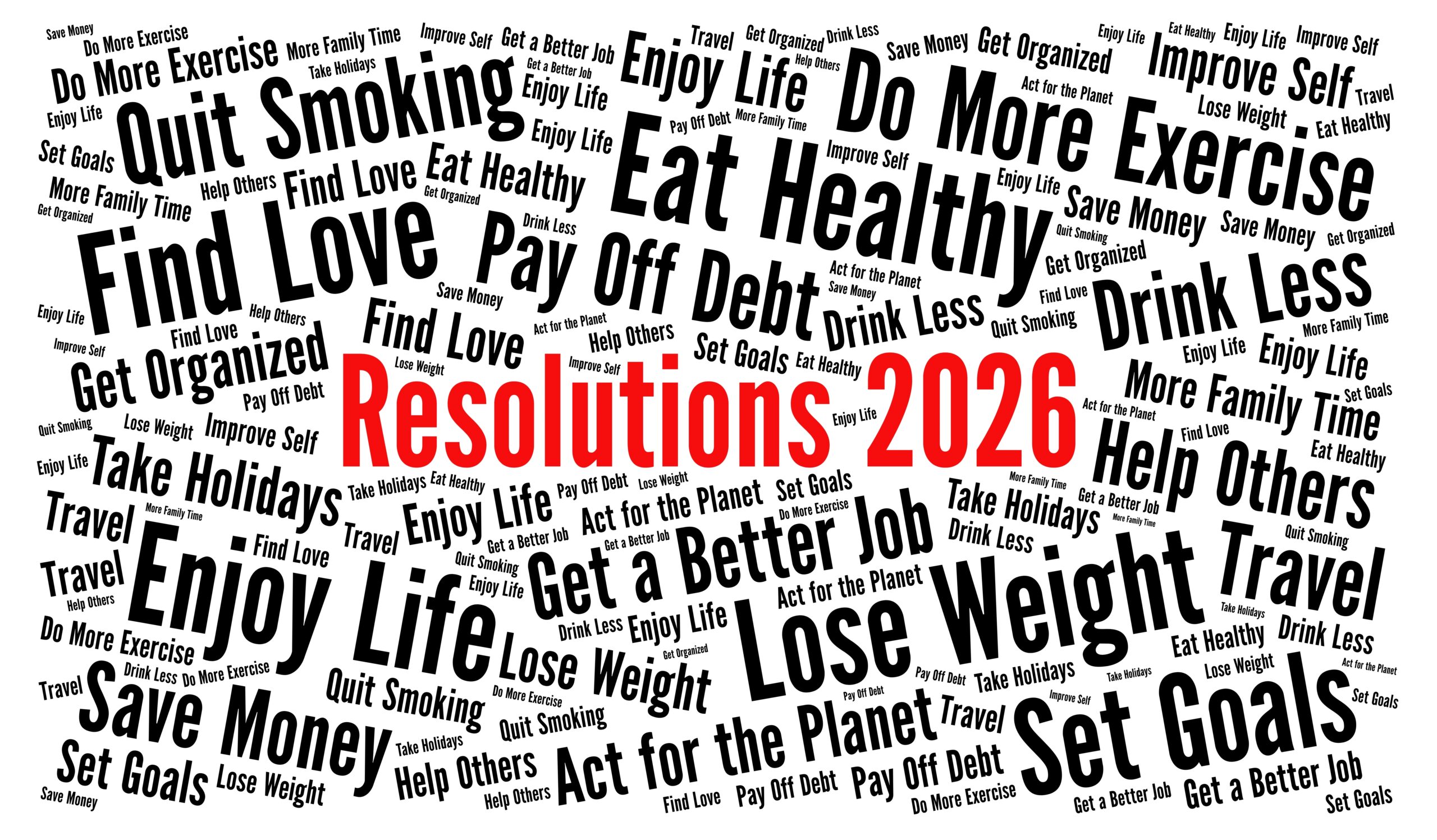Modern life moves quickly and it’s easy to focus on accomplishing all of our goals, staying busy, and constantly searching for what’s next. But we can quickly become rundown without prioritizing self-care. It’s a simple idea: taking care of yourself physically and mentally to maintain overall well-being.
But why does self-care matter so much, and how can it benefit everyone, regardless of their lifestyle or circumstances? Let’s explore this concept further.
What is Self-Care?
Self-care is all about taking care of yourself so you can live well and maintain both your physical and mental health. It’s not just one thing—it’s a combination of practices that help you feel your best physically and mentally. Here’s a break down:
Physical Self-Care: Nutrition, Exercise, and Sleep
This part of self-care is probably the most familiar. It’s about treating your body well by making healthy food choices, staying active, and getting enough shuteye. Fueling your body with nutritious foods gives you the energy you need to tackle each day. Moving your body, whether it’s going for a walk, hitting the gym, or trying a new workout class, keeps you feeling strong and energized. And getting enough quality sleep is crucial—it’s when your body recharges and repairs itself.
Emotional Self-Care: Managing Stress and Practicing Self-Compassion
Our emotions play a big role in our overall well-being, so taking care of them is important, too. This means finding healthy ways to manage stress and anxiety, like taking a few deep, centering breaths when you’re feeling tense, writing in a journal, or doing something you enjoy. It’s also about being kind and compassionate with yourself, especially when you’re going through a tough time. Instead of beating yourself up, try to treat yourself with the same understanding and care you’d give a good friend.
Mental Self-Care: Mindfulness and Relaxation Techniques
Taking care of your mental health is just as important as your physical health. This includes practices that help quiet your mind and promote relaxation, like meditation, deep breathing exercises, or simply taking a few moments to be present and mindful1. You can also engage in activities that exercise your brain in a fun way, like reading, learning a new skill, or working on a puzzle.
Social Self-Care: Building Healthy Relationships and Setting Boundaries
Humans are social creatures, and our relationships play a big role in our happiness and well-being. Social self-care means nurturing your connections with friends, family, and loved ones—the people who support and uplift you. At the same time, it’s also about setting boundaries and knowing when to say no to commitments or situations that drain your energy or cause unnecessary stress.
Self-care is all about finding balance and doing what works best for you. It’s not a one-size-fits-all approach—it’s about discovering the combination of practices that help you feel your best from head to toe.
The Impact of Neglecting Self-Care
Neglecting self-care can have serious consequences. When we’re constantly stressed, burnt out, and neglecting our own needs, it can lead to a decline in both mental and physical health. Stress can manifest in various ways, such as anxiety, depression, and even physical ailments like headaches, digestive issues, and weakened immune systems.
Additionally, neglecting self-care can strain our relationships and lead to social isolation. When we’re overwhelmed and drained, being fully present and engaged with our loved ones, friends, and colleagues becomes challenging.
Benefits of Prioritizing Self-Care
On the other hand, prioritizing self-care can bring numerous benefits. By taking care of ourselves, we can experience improved overall well-being, including better physical and mental health, increased energy levels, and a more positive outlook on life.
Self-care can also enhance our productivity and focus. When we’re well-rested, nourished, and mentally centered, we’re better equipped to tackle challenges and perform at our best.
Moreover, self-care can strengthen our resilience, enabling us to bounce back more effectively from setbacks and challenges. It can also lead to better quality relationships as we become more present, patient, and understanding with those around us.
Overcoming Barriers to Self-Care
Despite the numerous benefits of self-care, many people struggle to make it a priority. Common excuses include a lack of time, feeling guilty for taking time for ourselves, or believing that self-care is a luxury reserved for those with fewer responsibilities.
However, it’s essential to reframe these mindsets. Self-care isn’t selfish or indulgent; it’s a necessity for our overall well-being. By making self-care a priority, we can actually become more effective and present in all areas of our lives.
Strategies for incorporating self-care into our routines can include scheduling dedicated time for self-care activities, setting boundaries, and practicing self-compassion and forgiveness when we fall short of our goals.
Self-Care Practices for Different Lifestyles
Self-care can look different for everyone, depending on their unique circumstances and lifestyles. For busy professionals, time management techniques and short relaxation exercises, like deep breathing or meditation, can be invaluable.
Parents and caregivers might benefit from seeking support systems, delegating tasks, and finding moments of respite amidst their responsibilities.
Students can prioritize self-care by adopting stress management strategies, maintaining healthy study habits, and making time for social connections and activities they enjoy.
Cultivating a Self-Care Mindset
Ultimately, self-care is about shifting our mindset from one of guilt or self-criticism to one of self-compassion. It’s about recognizing the value of taking care of ourselves, not just for our own well-being but also for the well-being of those around us.
By integrating self-care into our daily routines and habits it becomes a natural part of our lives rather than an afterthought or a luxury.
You Deserve to Take Care of Yourself
Self-care is a powerful tool that can transform our lives in countless ways. By prioritizing our physical, emotional, mental, and social well-being, we can experience improved overall health, enhanced productivity, stronger resilience, and better-quality relationships.
Remember, self-care isn’t a luxury; it’s a necessity. Embrace self-care practices that resonate with you, and don’t be afraid to seek support or make adjustments as needed. Share your self-care experiences and tips with others, and encourage open conversations about the importance of self-care within your communities.
Together, we can cultivate a culture of self-compassion and well-being, one step at a time. The Fresh Tri app (it’s free!) is a great place to start—it can teach you to incorporate healthy self-care habits into your everyday life.
Prioritize self-care today, and embark on a journey towards a healthier, happier life—for yourself and those around you.
References
- Sawyer, H. (2023). Mindfulness: Strategies to implement targeted self-care. Journal of Interprofessional Education & Practice, 31, 100614. https://doi.org/10.1016/j.xjep.2023.100614













